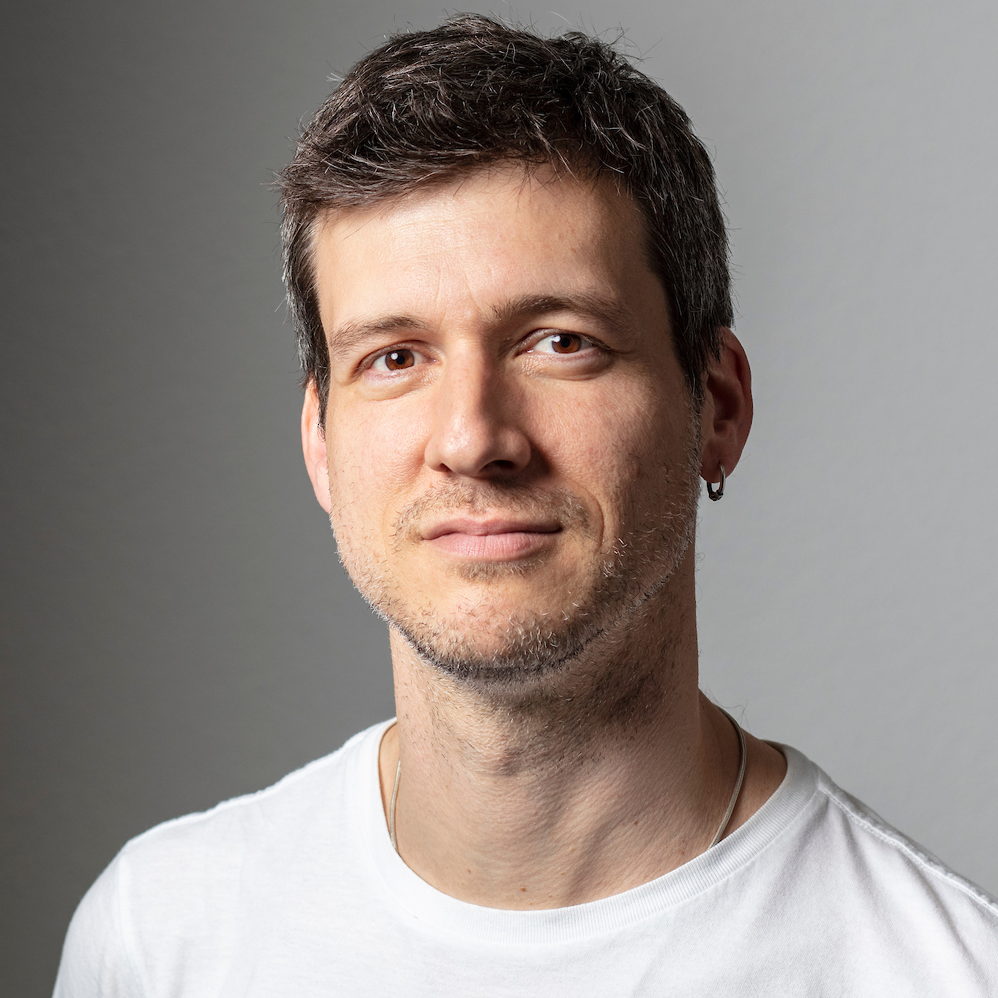
The political equation based on a magic formula
How many seats are there in the Swiss cabinet? The answer is seven. But how does Switzerland do the math to reach that figure? Is it 2+2+2+1, or 3+2+2? And why does it matter? (Michele Andina, swissinfo.ch)
When modern Switzerland was founded in 1848, the Swiss cabinet consisted entirely of members from one party. A second party wasn’t represented in government until 1891. It would take another 50 years before another two were given seats. In 1959, these four largest parties agreed that government posts should from then on be distributed among them according to a ratio that reflects their strengths in parliament.
This so-called ‘magic formula’ is part of Switzerland’s consensus democracy and is based on the belief that decisions are only lasting if they are supported by the minority as well as the majority.
For many years, the cabinet power-sharing set up remained the same. It was only in 2003 when the party with just one cabinet seat, the Swiss People’s Party, became the largest that the magic formula was called into question.





























You can find an overview of ongoing debates with our journalists here . Please join us!
If you want to start a conversation about a topic raised in this article or want to report factual errors, email us at english@swissinfo.ch.